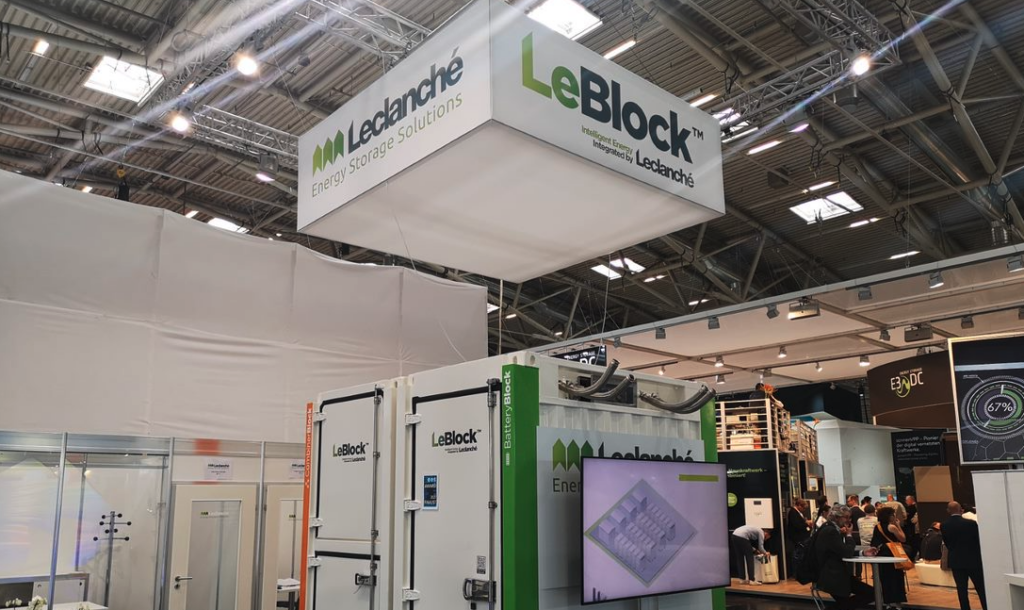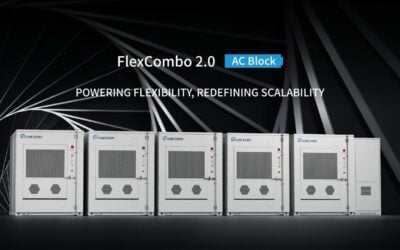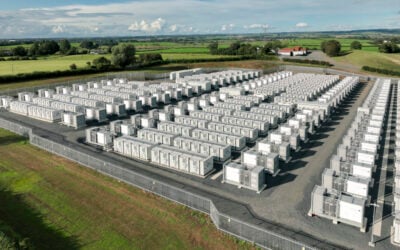
Energy storage solutions company Leclanché claims an addition to its lithium-ion battery can reduce the risk of a thermal event by close to 80%.
The Switzerland-based firm said a fire-retardant additive to its electrolyte formula composition lowered the risk of a thermal event, without compromising cell performance. It called it a ‘significant breakthrough in safety’ of its batter technology.
The achievement has been validated by the German division of Intertek, a British multinational assurance, inspection, product testing and certification company.
Intertek Germany conducted a series of industry standard nail penetration tests on Leclanché’s 60Ah cell. The test cells were punctured leading to an internal short circuit, but the cells exhibited a far lower risk of fire than the same cells without the flame retardant additive.
Try Premium for just $1
- Full premium access for the first month at only $1
- Converts to an annual rate after 30 days unless cancelled
- Cancel anytime during the trial period
Premium Benefits
- Expert industry analysis and interviews
- Digital access to PV Tech Power journal
- Exclusive event discounts
Or get the full Premium subscription right away
Or continue reading this article for free
Pierre Blanc, chief technology officer, Leclanché, commented: “While the entire battery industry continues to place considerable R&D resources into the development of solid-state batteries, there’s a critical need to enhance the safety of today’s high energy density lithium-ion cell technology.”
“Most efforts, until now, adversely impact the performance or longevity of cells. Leclanché has been able to develop a high performance and high energy density lithium-ion cell exhibiting high safety characteristics without any negative impact on performance or longevity.
“As technological advancements continue to be developed, this is a crucial improvement in state of the art cell technology, that does not require breakthrough technology that could still be several years away from commercial availability.”
The company manufactures its battery cells at a production facility in Willstätt, Germany, using a proprietary production process. Electrodes are manufactured in a water-based process instead of using organic solvents. Those electrodes show a high stability towards the flame retardant additives contained in the new electrolyte, resulting in the maintenance of cell performance.
As well as building its own battery cells, Leclanché deploys utility-scale battery energy storage systems (BESS). It was recently selected to deploy an 11.9MWh system at a solar PV plant in Germany while just last week it finally broke ground on a solar-plus-storage project with a 44MWh BESS in the Caribbean island of St Kitts and Nevis.
The company launched its latest generation of modular utility-scale BESS product called LeBlock in May 2021, which allow customers to stack together 745kWh lithium iron phosphate (LFP) units to multi-megawatt-hour configurations.
Fire safety and thermal event risk reduction is a big topic area for lithium-ion battery manufacturers and energy storage system solution providers as Energy-Storage.news reported on recently.
Leclanché actually had a fire event at a factory it operates in Willstätt, Germany, in the early morning of 7 April this year. Two employees were sent to hospital as a precaution for potentially having inhaled fumes but were sent home a couple of hours later with a clean bill of health and fire crews found no risk to people in the vicinity.
Leclanché said that an investigation was underway, it had activated contingency plans for a temporary stop to production at the site and that it did not expect the incident to cause delays in fulfilling customer orders.





